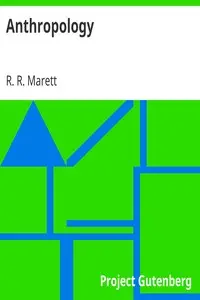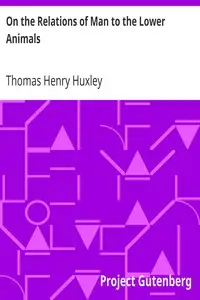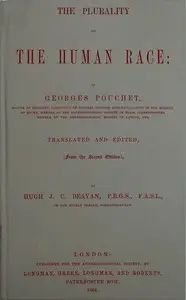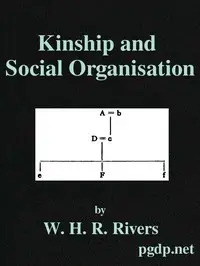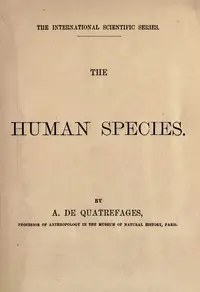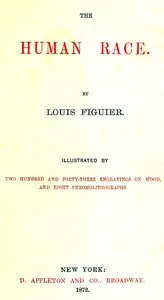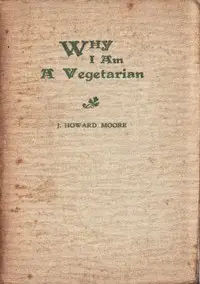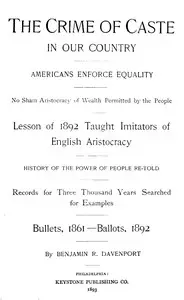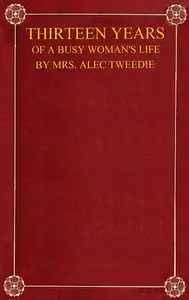"The Universal Kinship" by J. Howard Moore is an early 20th-century thesis that explores the idea that all life is connected, especially humans and animals. It argues against the traditional belief that humans are better than other creatures, suggesting instead that we all share a common bond. The story starts by talking about how humans are classified as animals and vertebrates, sharing personal experiences that led the author to see humanity's true place in the animal kingdom. This sets up Moore's investigation into how we are physically related to other species, stressing the biological similarities and calling out the prejudices that keep humans separate from nature. The narrative blends the author's thoughts with scientific questions, leading to an exploration of the ethical and mental connections shared by all living things.
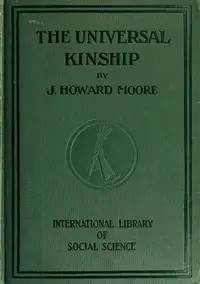
The Universal Kinship
By J. Howard (John Howard) Moore
Discover a groundbreaking perspective challenging humanity's dominance and revealing the surprising interconnectedness of all living creatures.
Summary
About the AuthorJohn Howard Moore was an American zoologist, philosopher, educator, and social reformer. He was best known for his advocacy of ethical vegetarianism and his pioneering role in the animal rights movement, both deeply influenced by his ethical interpretation of Darwin's theory of evolution. Moore's most influential work, The Universal Kinship (1906), introduced a sentiocentric philosophy he called the doctrine of Universal Kinship, arguing that the ethical treatment of animals, rooted in the Golden Rule, is essential for human ethical evolution, urging humans to extend their moral considerations to all sentient beings, based on their shared physical and mental evolutionary kinship.
John Howard Moore was an American zoologist, philosopher, educator, and social reformer. He was best known for his advocacy of ethical vegetarianism and his pioneering role in the animal rights movement, both deeply influenced by his ethical interpretation of Darwin's theory of evolution. Moore's most influential work, The Universal Kinship (1906), introduced a sentiocentric philosophy he called the doctrine of Universal Kinship, arguing that the ethical treatment of animals, rooted in the Golden Rule, is essential for human ethical evolution, urging humans to extend their moral considerations to all sentient beings, based on their shared physical and mental evolutionary kinship.

